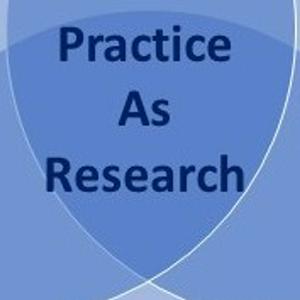Intersecting the tourist gaze with visual arts practice-based research
In this seminar, Dr Louise Todd will discuss her visual arts practice-based research to understand the visual culture of tourism and the tourist gaze thesis (Urry & Larsen, 2011). Here, it is suggested that tourists’ and others’ visual practices and performances, such as photography and sightseeing, form an intersection of gazes (Crang, 1997; Lutz & Collins, 1991).Although tourism’s visual culture, and the tourist gaze, are of interest on interdisciplinary bases, much research in this area is written. The discussion is frequently captured and framed through considering photographic practices: particularly those undertaken by tourists, and within tourism settings (Ekici Cilkin & Cizel, 2021). Nevertheless, there has been little attention directed to tourism through visual arts practice-based research. As an interdisciplinary approach which entwines creative arts with non-arts research contexts, visual arts practice-based research uses artistic process and practice as a way of understanding (Leavy 2020; McNiff, 2008).Louise's presentation will introduce her own visual arts practice-based research through drawing and painting. She will discuss using this method to reflect upon the intersection of my own others’ gazes, as she shifts identities of being an artist, a researcher, a tourist, and a viewer. She will then consider a recent series of paintings. In this work, past, present, and future, interplay with figures performing tourism and leisure in spaces. Concrete and intangible imaginaries, memories, artefacts, experiences, and hauntologies evoke the ‘not yet’, and ‘never was’ (Fisher, 2014) through visual associations and memories. She will conclude my presentation by reflecting on the potential of visual arts practice-based research in interdisciplinary settings such as tourism.Dr Louise Todd is an Associate Professor and interim Head of the Tourism and Intercultural Business Communications Subject Group at Edinburgh Napier University. Louise leads the University’s Visual Methods and Ethnography Interdisciplinary Research Group and Public Engagement with research in the Business School. Louise’s background is in visual art and her practice and research are complementary. Her interests are in arts, cultural tourism and public engagement. She is concerned with visual culture, creative and visual research methods, alongside the potential of festivals and tourism to engage with community stakeholders.
